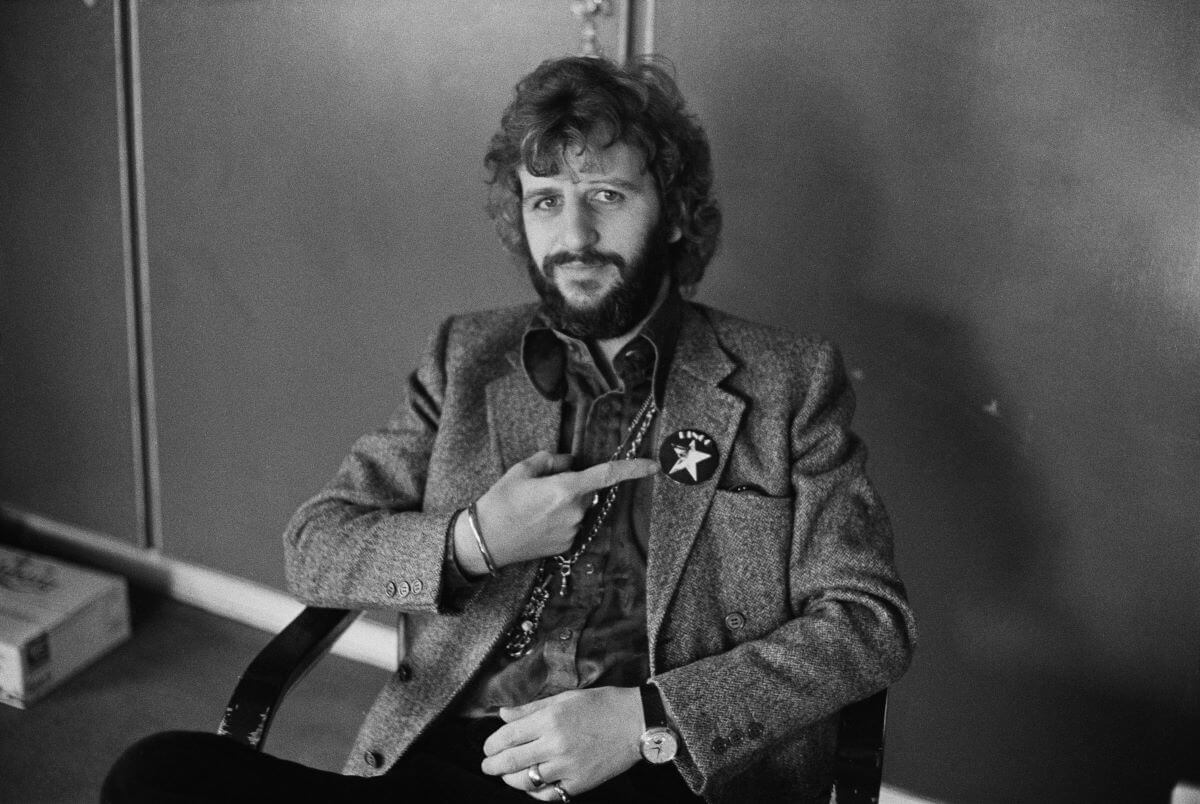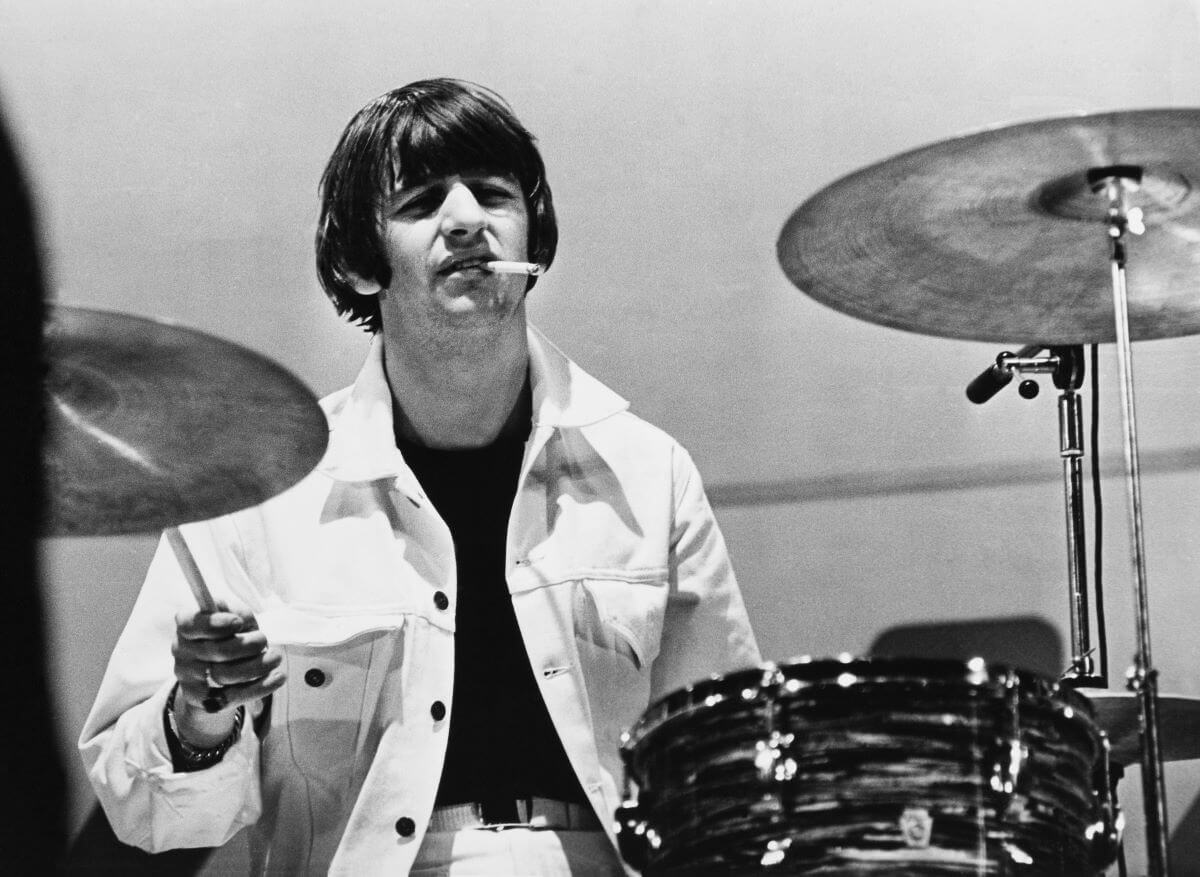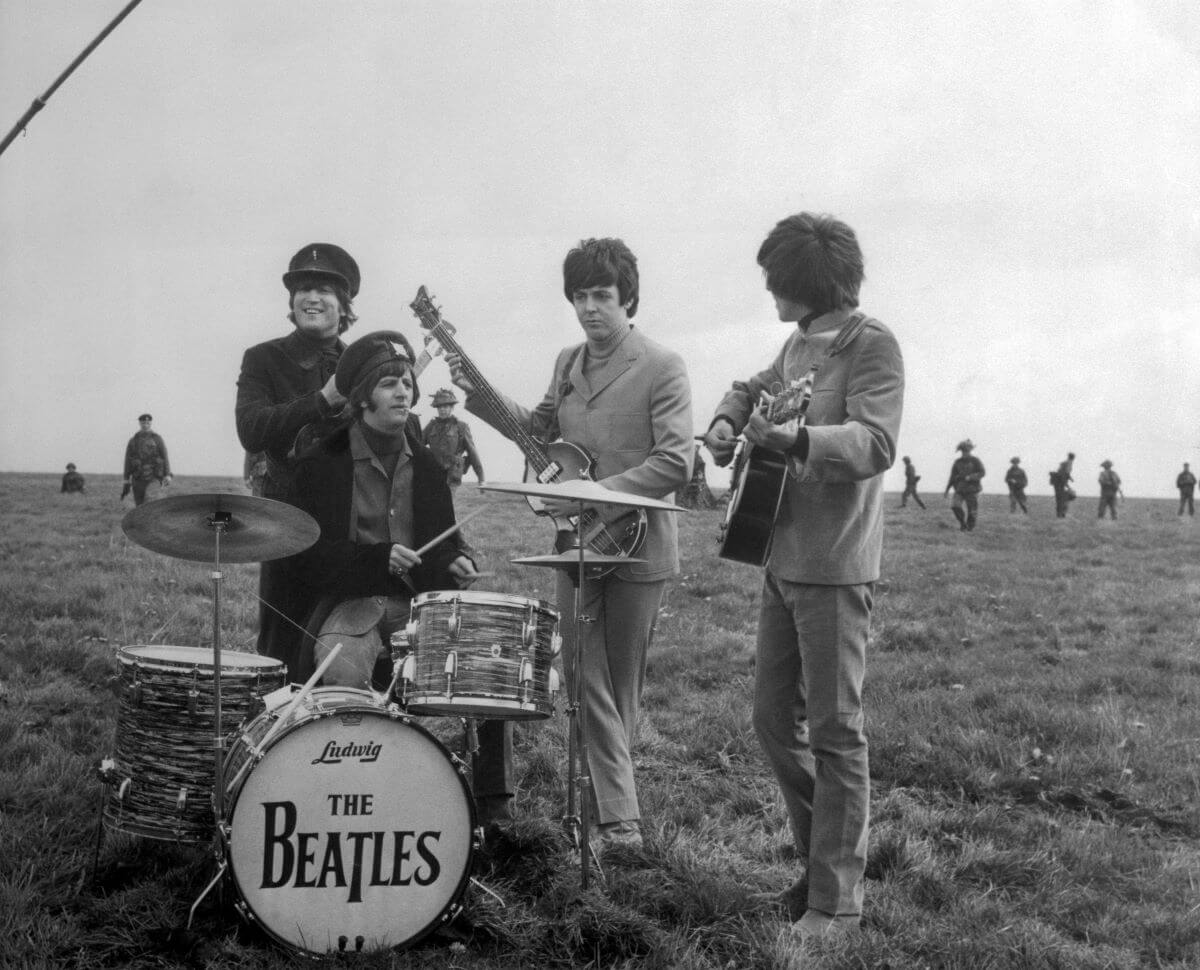
Ringo Starr’s Ideas Carried More Weight in the Band Than Expected, Said a Beatles Engineer
While Ringo Starr didn’t think of himself as one of the driving creative forces in The Beatles, the band respected his ideas. It helped that he was far less embroiled in the complicated band politics than the other three. According to a Beatles audio engineer, though, Starr’s ideas held more weight than expected because he often kept his thoughts to himself. His bandmates knew that when he spoke up, it was important.
The band was always willing to listen to what Ringo Starr said
Starr was often viewed as The Beatles’ weakest link, but he was a key member of the band. He just wasn’t as loud-mouthed as John Lennon, Paul McCartney, or George Harrison. Audio engineer Geoff Emerick worked with the band on multiple albums and noted that Starr was as “quiet as a mouse.” This quality meant that his bandmates paid attention to him when he did speak up.

“But it was because Ringo said so little that when he spoke up and offered a musical opinion, it carried a bit more weight because the others knew that he really meant it, that it wasn’t just a passing remark,” Emerick wrote in his book Here, There and Everywhere: My Life Recording the Music of the Beatles. “If he did make any kind of comment during a session, it would most often be about the drum sounds, which he knew were critical.”
While his bandmates played around on Starr’s drum set — McCartney even played the instrument on a few songs — they knew he was the real expert.
Ringo Starr seemed intimidated around the band, said Geoff Emerick
Emerick noted that while Starr was a skilled drummer, it seemed to cause him anxiety.
“Funnily enough, he would often go into a near panic whenever he had to do a drum fill,” Emerick wrote. “You could almost hear him freezing, trying to decide what to do as he’s doing it.”
Ultimately, though, this, among other factors, shaped his sound and style.
“Eventually that lack of confidence became part of his style, but there’s another explanation as to why his fills were so unusual,” Emerick wrote. “They’re not fast — in fact, he himself has likened them to the sound of someone falling down the stairs — and they’re often a little laid back, a little behind the beat. That’s not because he wasn’t a good timekeeper — he was — but because, unlike many of the rock drummers who came after him, he simply was not a big man physically.”
His bandmates could be rude to him
Though Emerick said Starr’s bandmates respected his ideas, they could also be rude to him. Lennon and McCartney had high expectations, and they grew frustrated when Starr or Harrison couldn’t meet them.

“On occasion, John and Paul could be quite rude to Ringo when he was having trouble with his fills, but once the song was recorded and done with, they would be fine with him again,” he wrote. “Paul did coach Ringo a lot on the parts he wanted played; in fact, Paul frequently pottered around on the drums during breaks.”
For the most part, though, Starr remained on his bandmates’ good sides.


